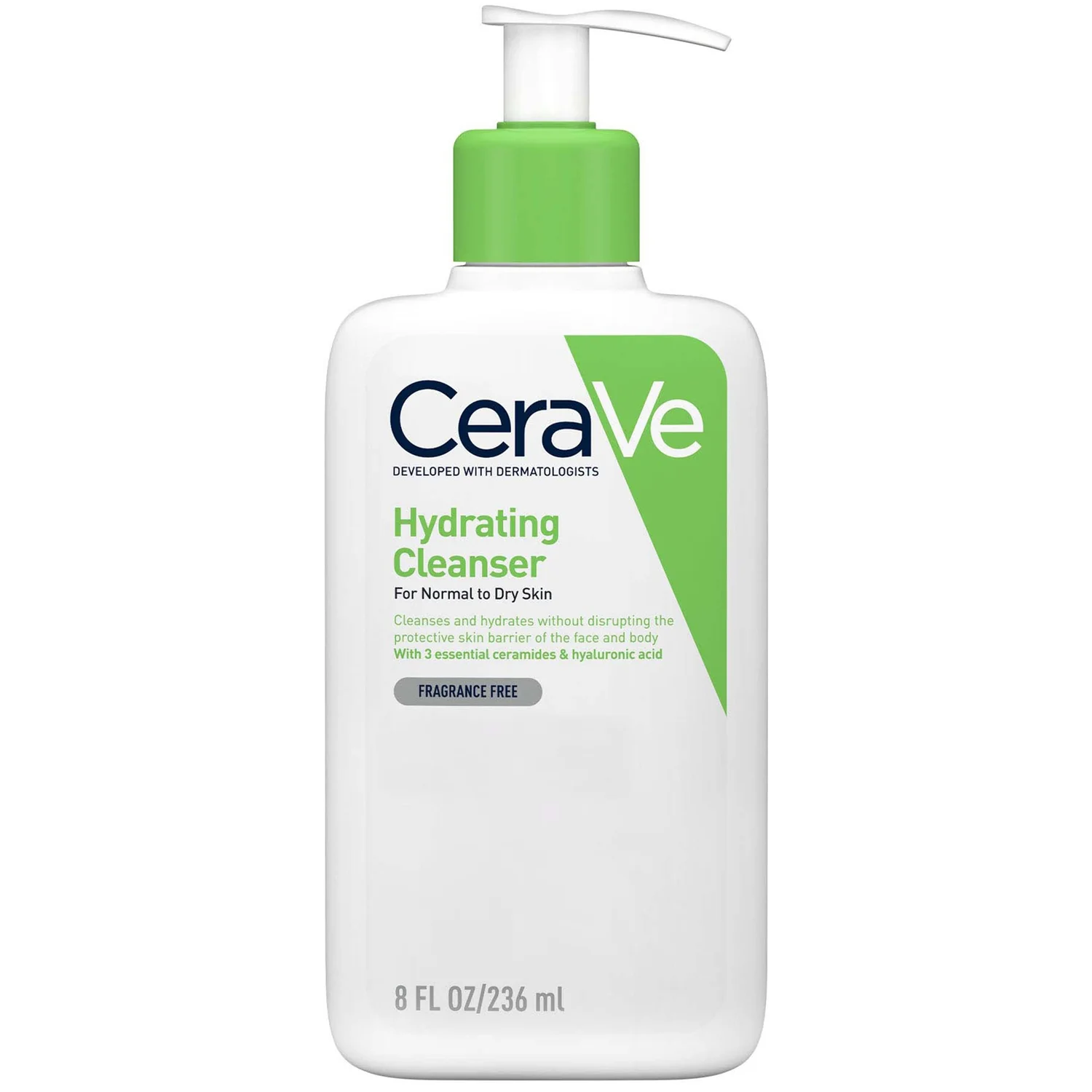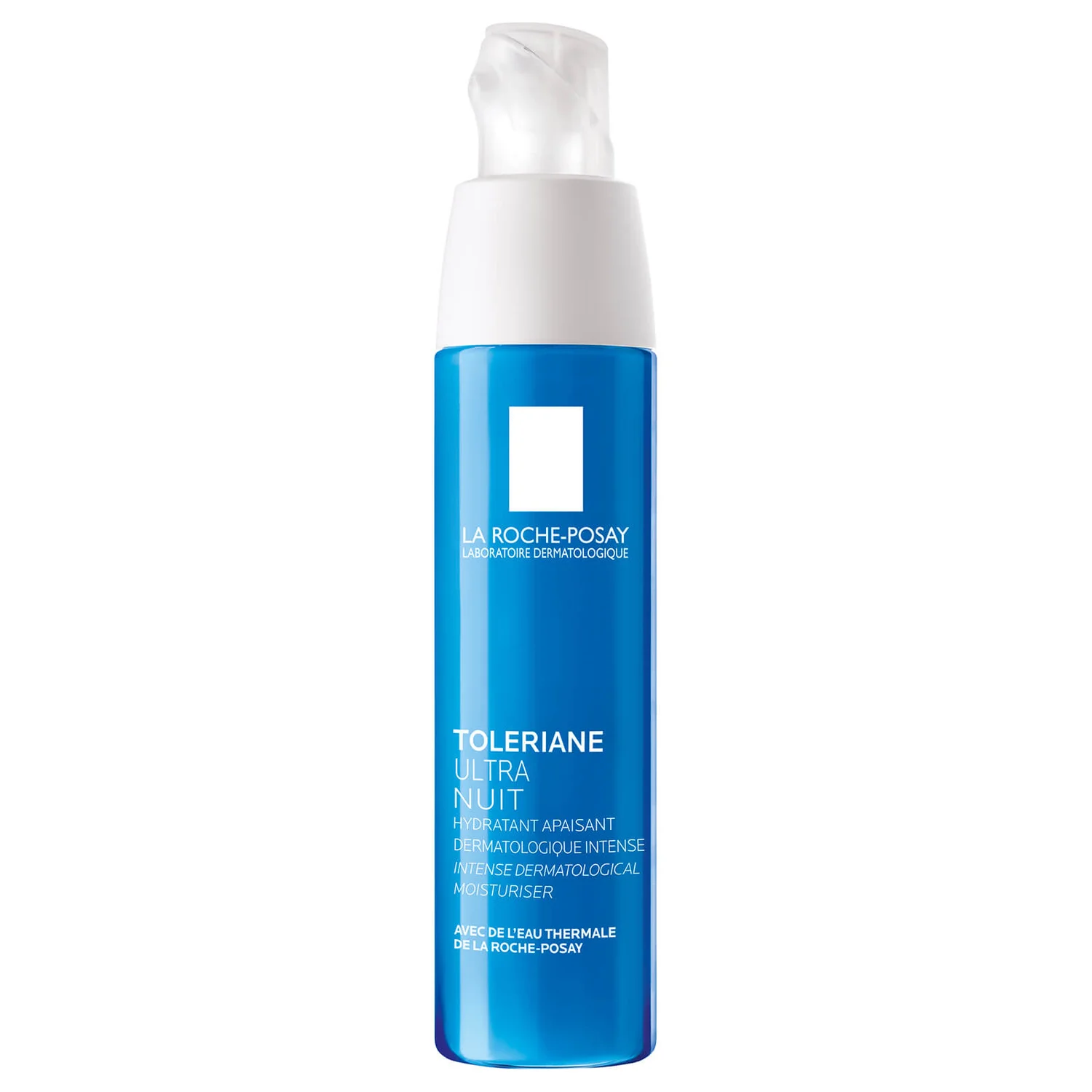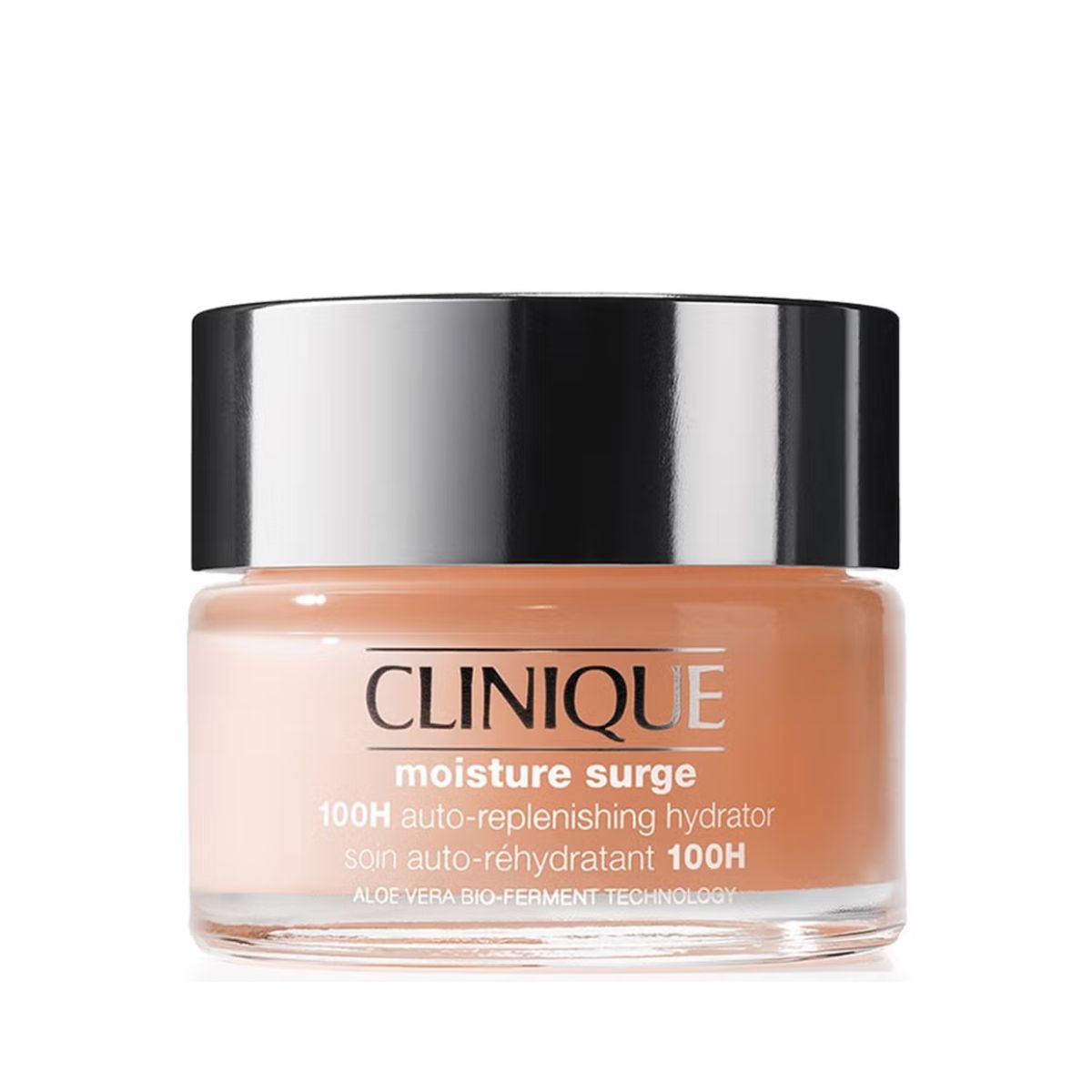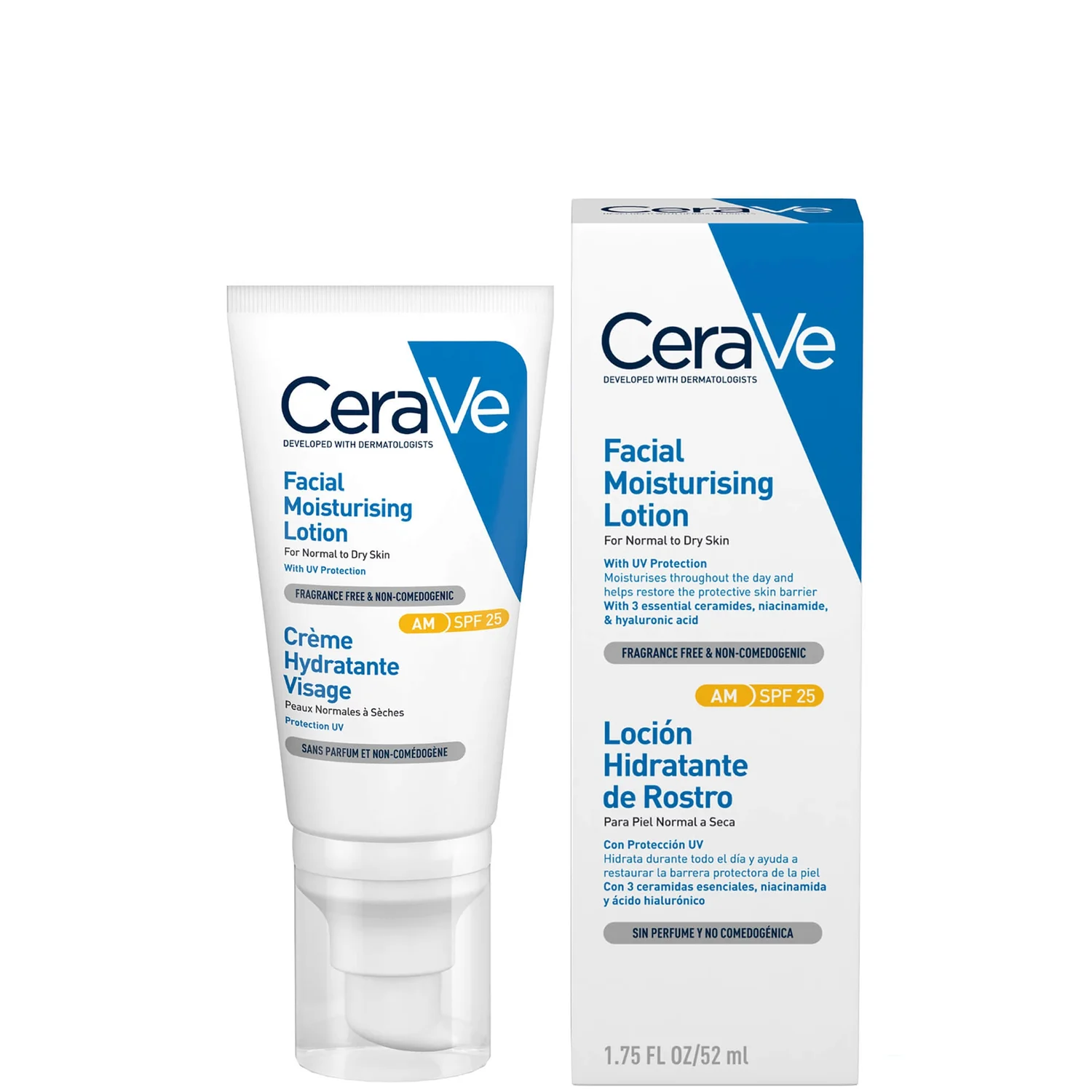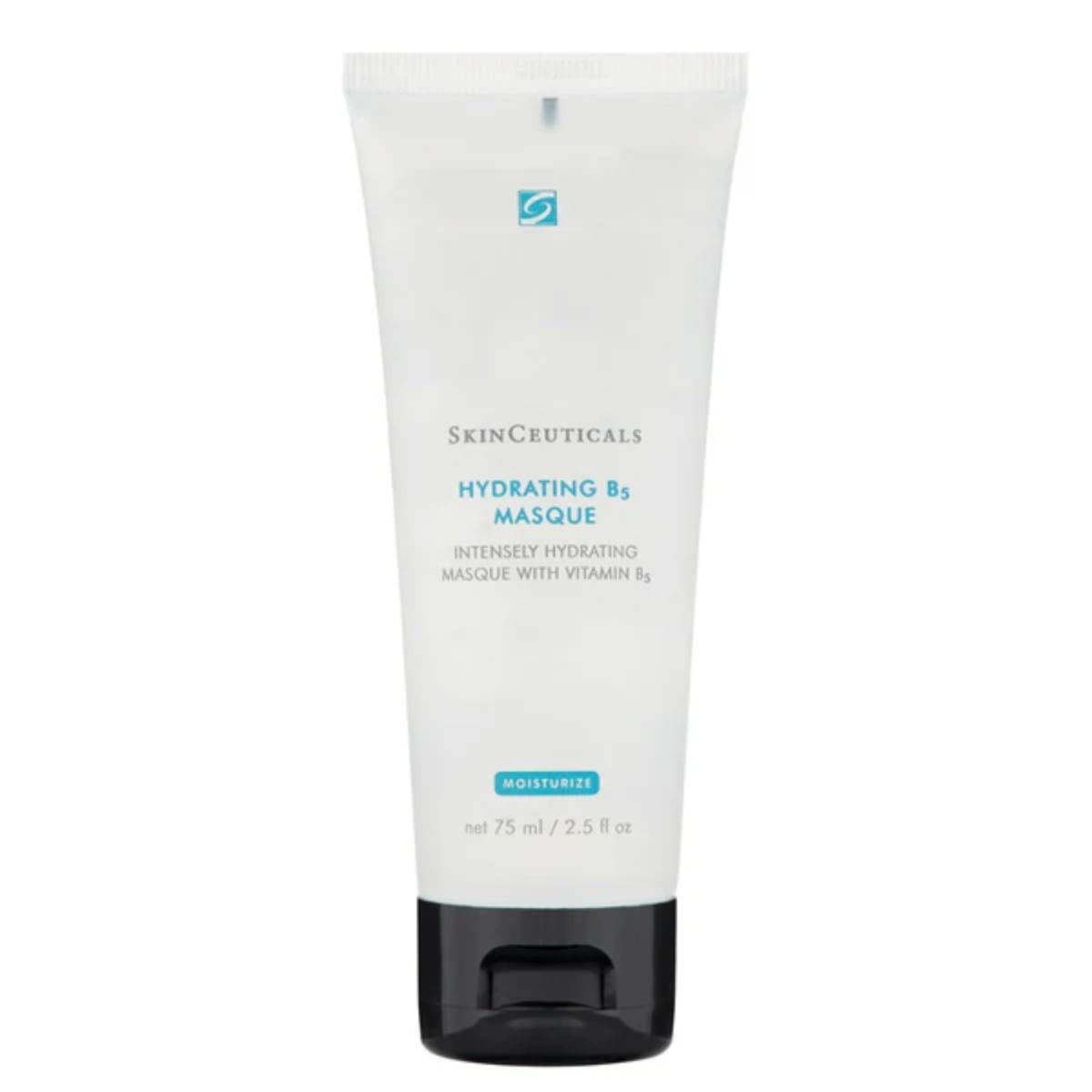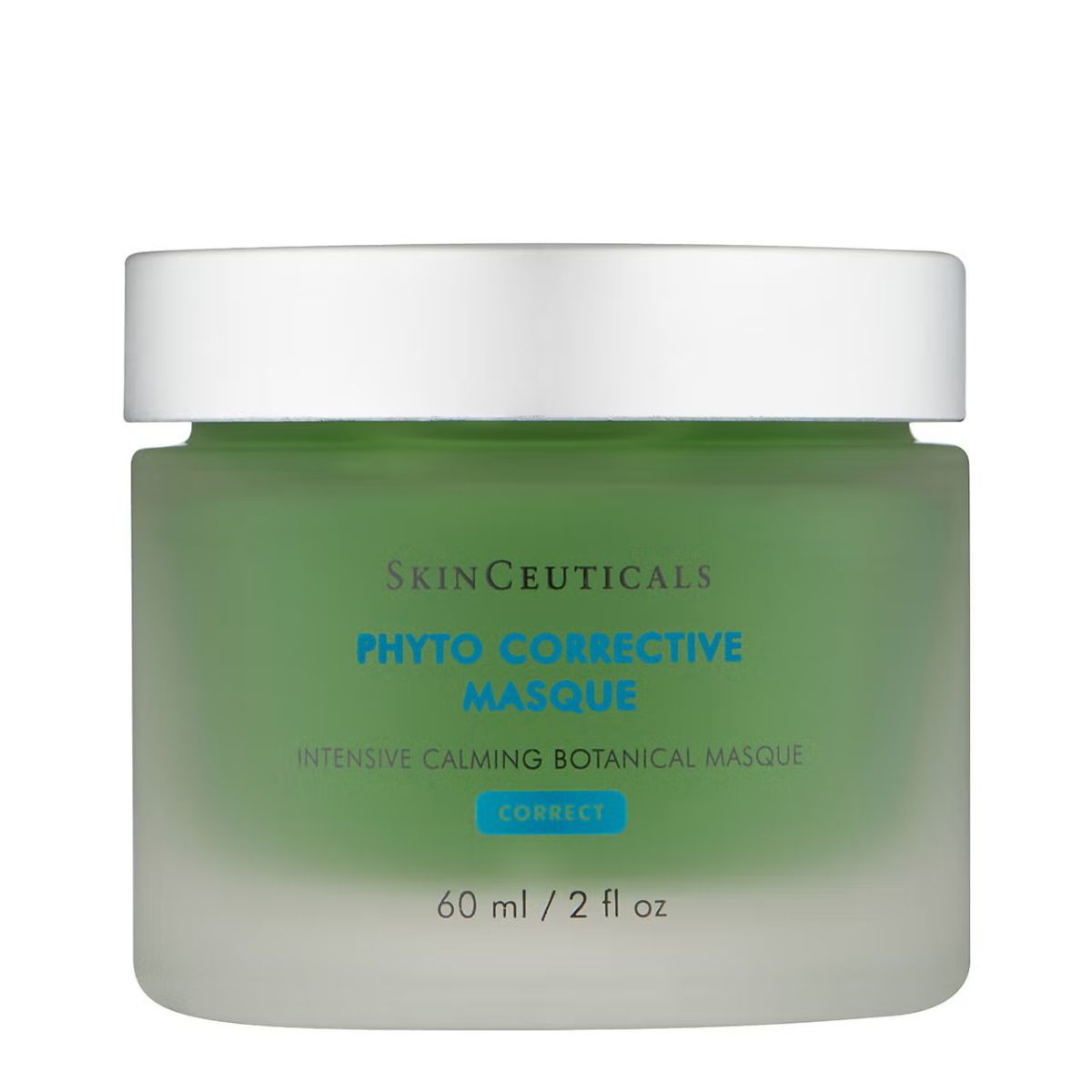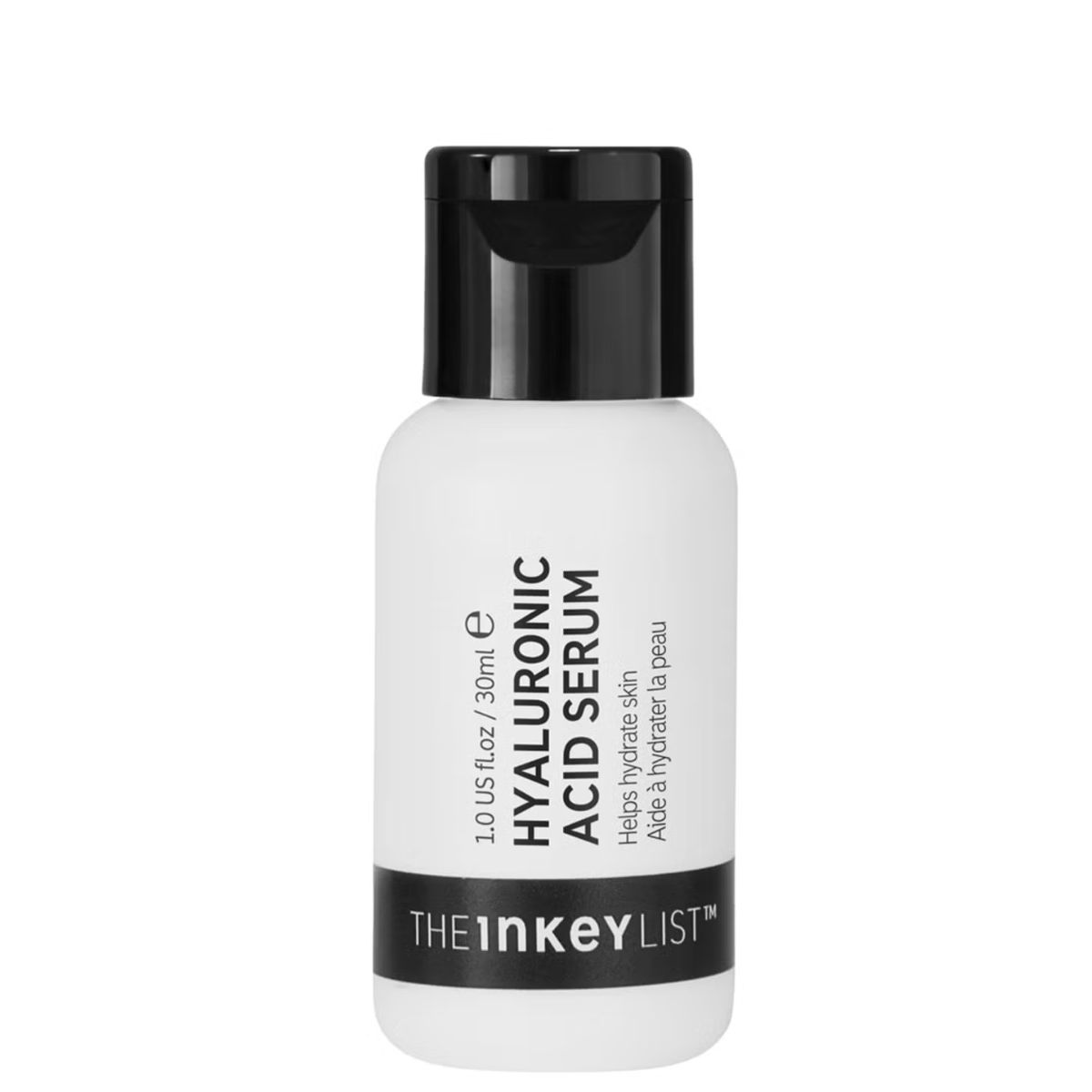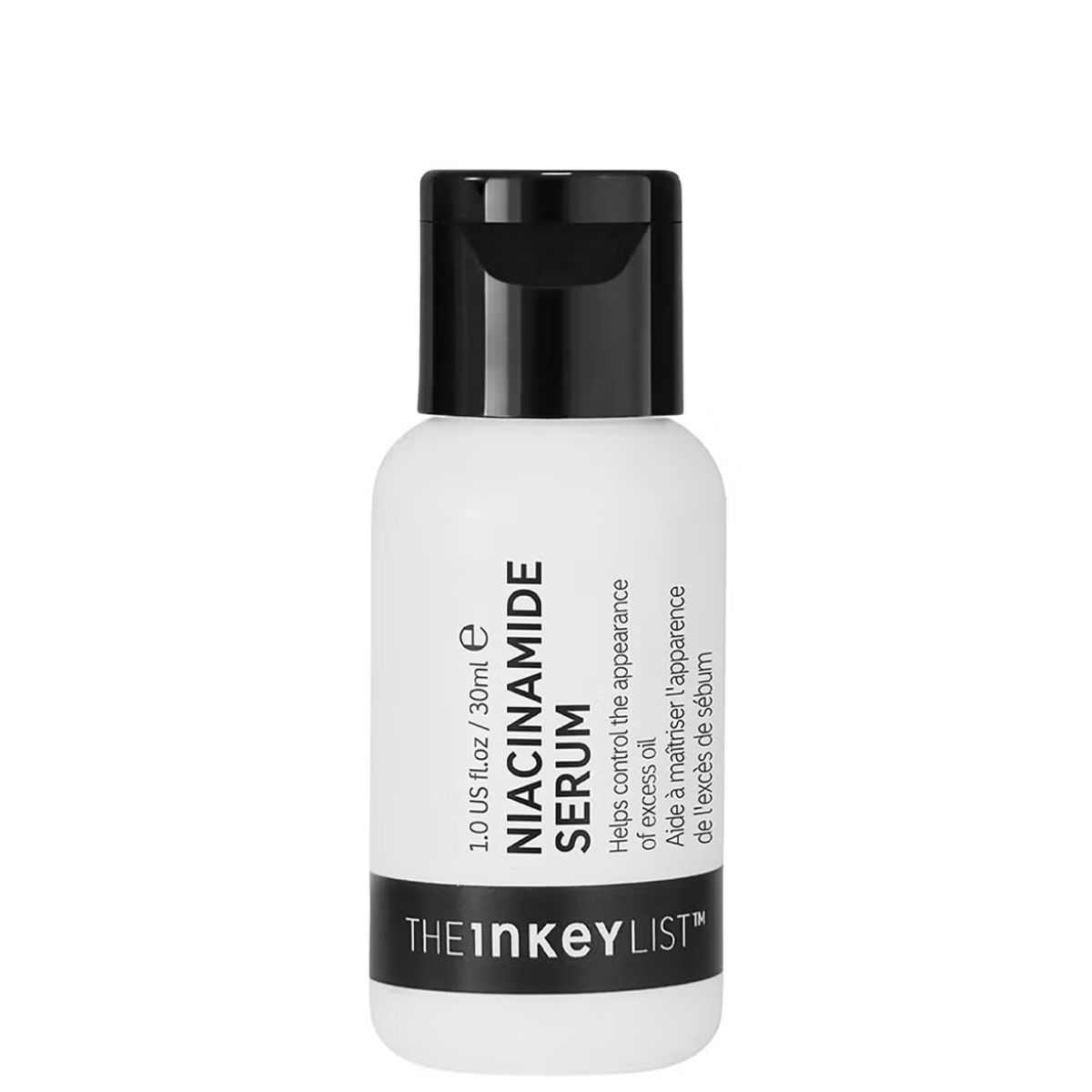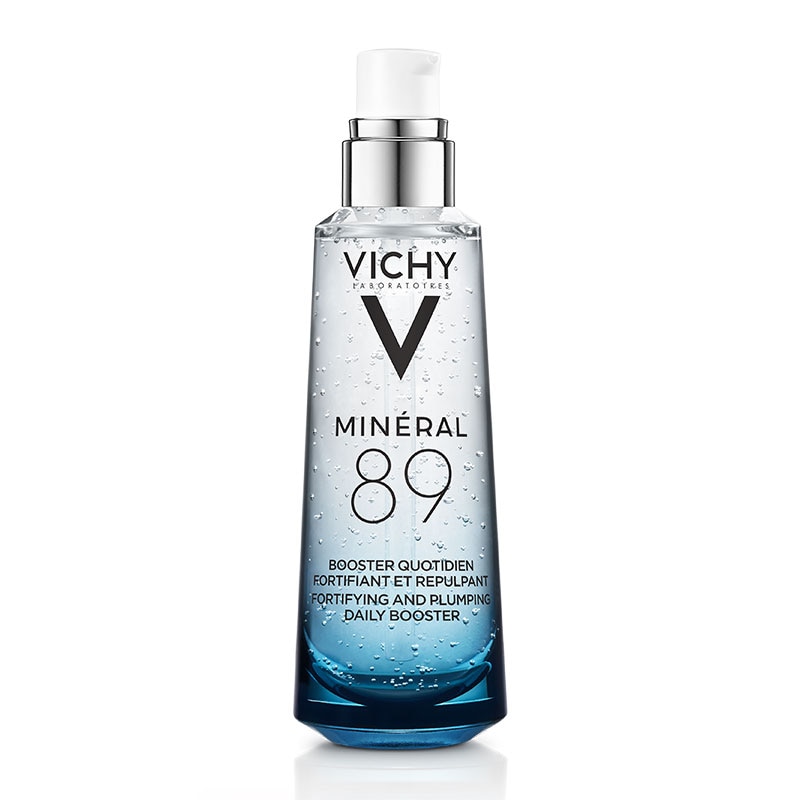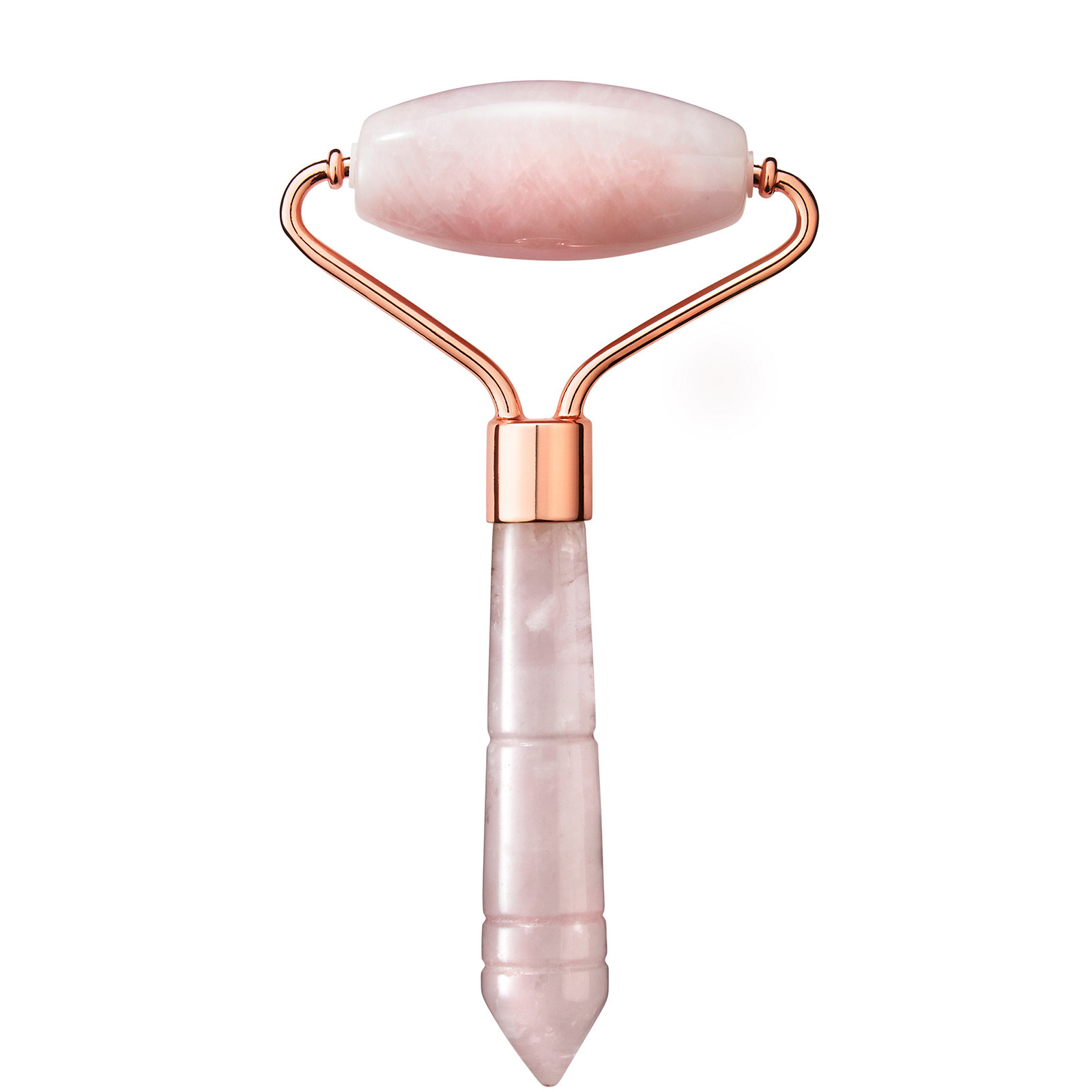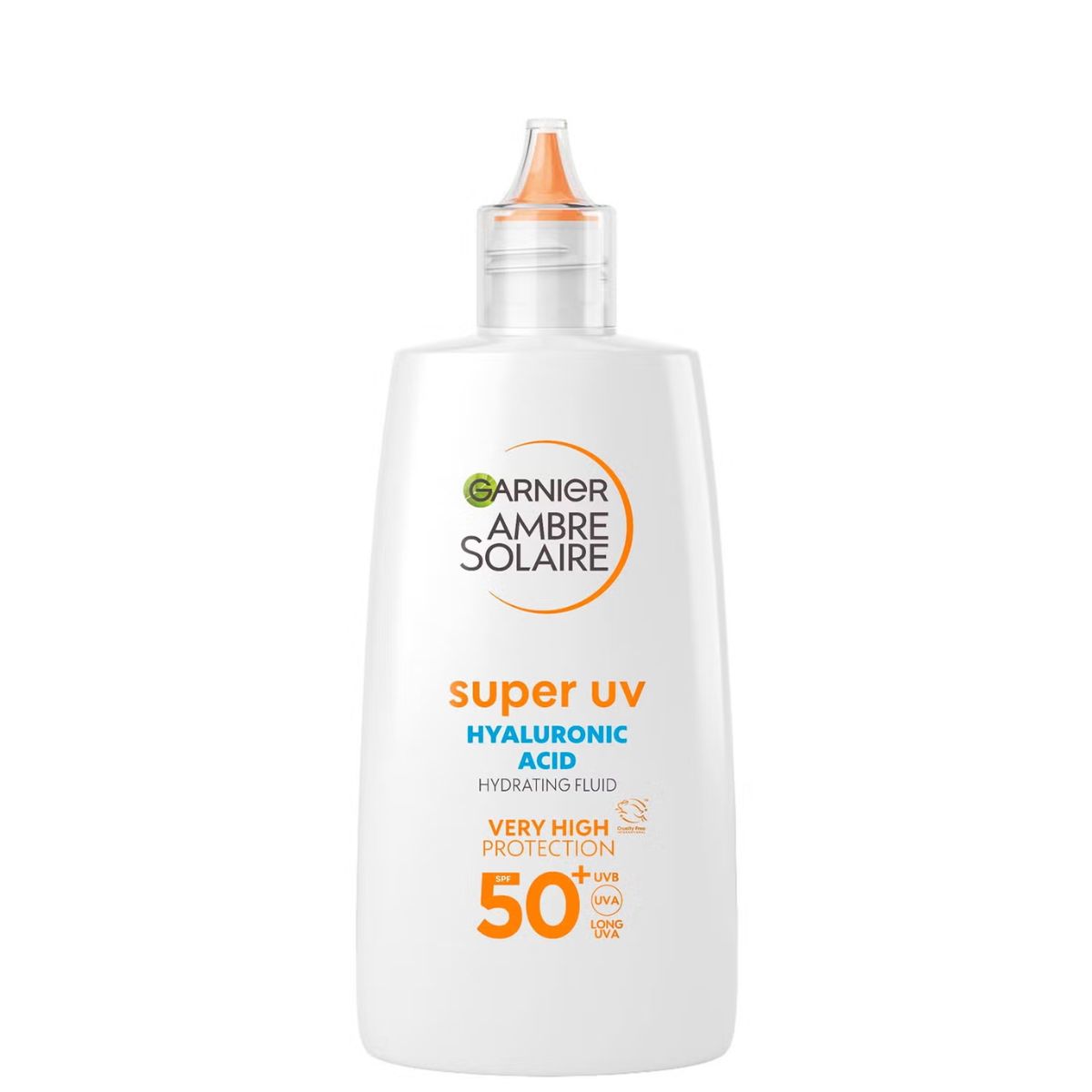Rosacea Treatment, Symptoms and the Skincare to Rely on From the People in the Know
We spoke to skin experts and rosacea sufferers for everything you need to know
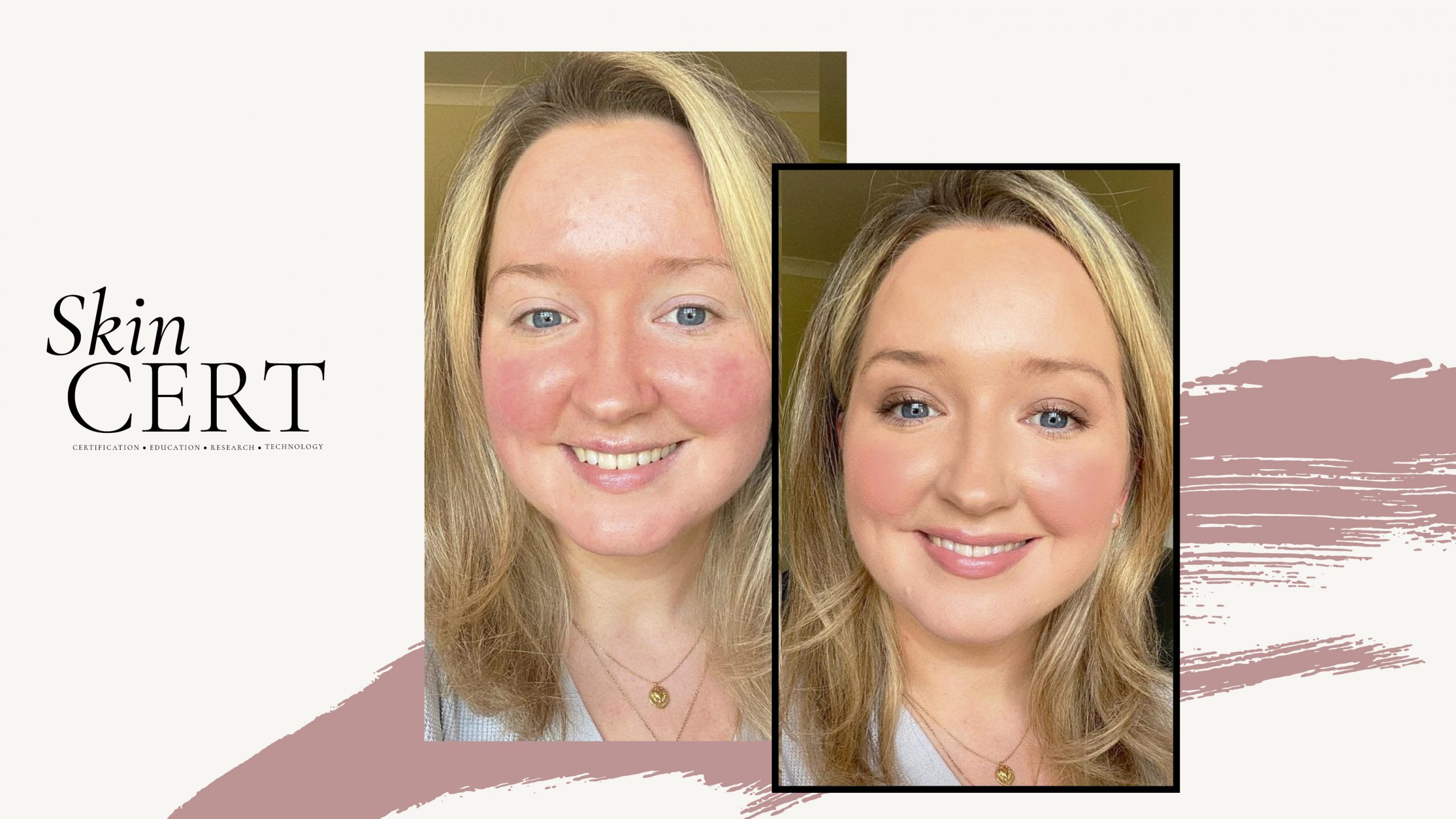

When you have rosacea, controlling skin flare-ups and concealing redness may feel like a never-ending battle. And it may be more common than you think as, according to the NHS, an estimated one in 10 people in the UK have this skin condition. In order to find the right rosacea treatment for you, we have to understand a little more about it.
We spoke to skin experts and people with rosacea to get the lowdown—from potential triggers to how it can be managed on a day-to-day basis.
What is rosacea?
'Rosy cheeks and warm, flushed skin are some of the tell-tale signs that you might have rosacea,' says Dr Kemi Fabusiwa, aka Dr Fab, founder of the Joyful Skin clinic. 'Rosacea is a chronic, inflammatory skin condition that is characterised by hypersensitive skin, red rosy cheeks, pimples and pustules.
'Individuals who have rosacea will first start to experience flushing and widespread redness across their cheeks, nose and chin. As the condition progresses people start to notice dilated blood vessels, pustules and blemishes,' she adds. 'Over time, if the condition is left unmanaged, it can result in thickened skin, damage to the eyes and a misshapen, bulbous nose.'
Although rosacea is frequently seen in individuals with white skin – 'the flushing, redness and dilated blood vessels are immediately noticeable and can affect one's self-confidence' – Dr Fab stresses that cases in people of colour are by no means rare.
'The central redness that is normally easy to spot may go unnoticed in darker skin, especially if the individual also suffers from hyperpigmentation. For this reason, rosacea is often misdiagnosed,' she explains. 'Dark-skinned individuals should look out for warmth and flushing, especially after certain triggers, as well as a burning or stinging sensation after applying certain products.
'The best way to assess whether a darker-skinned person has rosacea is to properly visualise the skin under adequate lighting and try to assess if there is any underlying redness.'
Celebrity news, beauty, fashion advice, and fascinating features, delivered straight to your inbox!
Types of rosacea
Marie Reynolds, a Global Skin & Wellness Expert, defines the four different types of rosacea as:
- Erythematotelangiectatic Rosacea (ETR) Presents as: flushing, redness on the cheeks and visible blood vessels
- Acne (papulopustular) Rosacea Presents as: blistery or pustular breakouts, usually affecting middle-aged females
- Ocular Rosacea Presents as: redness, itching and burning around the eye area
- Rhinophyma Presents as: a thickening of the skin, resembling a cauliflower on the nose
What causes rosacea?
'We don’t know the exact cause of rosacea, but we do know is that there are several things that can increase your risk of having it,' says Dr Fab. 'Those who are most at risk are fair-skinned women between the ages of 20 and 50, but actually anybody can have it. Risk factors for rosacea that you can control include alcohol, spicy foods, UV radiation from the sun and your levels of stress.'
An impaired skin barrier can be one of the main triggers for rosacea. It would allow irritants in, moisture out and further cause inflammation.
'Abnormalities in blood flow through facial blood vessels can cause flushing and persistent redness, ' explains Daniel Isaacs, Director of Research at Medik8. 'And having a family member with rosacea may also make you more prone to developing the condition. Rosacea has also been linked to certain bacteria found in the gut, which may play a role in developing it.'
Rosacea treatment
'While there is no cure for rosacea,' explains medical and cosmetic dermatologist Dr. Dennis Gross. 'It can be managed by avoiding perfumed and alcohol-based products and protecting your skin with a sensitive SPF 30+ at all times. Without treatment, rosacea symptoms often worsen. Rosacea is different for everyone; talk to your dermatologist to develop the best treatment plan for you.'
Dr Fab agrees, 'As with most skin conditions, prevention is better than cure. Your skin is hypersensitive and so it is important to know which triggers are causing your skin to react and avoid them as much as possible. It is also important to protect your skin’s defensive moisture barrier. You can do this by avoiding irritating soaps and instead switching to calming cleansers.
It's also important to avoid harsh exfoliators and scrubs that are irritating skin that is already hypersensitive. This is particularly important for those with dark skin, as damage to the skin’s barrier also makes you more likely to suffer from hyperpigmentation.
'If your rosacea starts to have an impact on your self-confidence and you’re not able to manage it on your own, then it may be time to see your doctor. It is, after all, a medical condition that can be managed with active agents such benzoyl peroxide and retinol or even antibiotics and if it starts to affect your eyes and nose then it’s definitely time to get a referral to your dermatologist to start a thorough rosacea treatment plan. This is to prevent the severe, longer-term complications of rosacea.'
Medik8's Isaac adds: 'Antibiotics are sometimes prescribed, as their anti-inflammatory properties can help to take down redness. Specific skincare is often prescribed as rosacea treatment to patients, usually containing metronidazole, azelaic acid or vitamin A.
'Some dermatologists will refer you for light therapy, which uses laser pulses to remove visible blood vessels and reduce excess redness, but long term therapy is often required due to the chronic inflammatory nature of the condition. Treatments and their duration should be tailored towards each individual with the help of an experienced dermatologist.'
Expert tips for dealing with rosacea
Skincare expert, facialist and rosacea sufferer Lisa Franklin has spent years researching the condition, and has come up with five tips to help manage flare-ups:
- Rose quartz facial tools, such as a facial roller or a Gua Sha, are ideal for skin conditions such as rosacea because they're so cooling on the skin. They regulate the skin and help instantly calm any redness. For an extra cool hit, try popping them in the fridge for 15 minutes before you use it.
- Look for nutrients in your diet that strengthen the immune system and guard against inflammation. I love rosemary - it's high in carnosolic acid, which helps combat free radicals (one of the main causes of DNA damage) and reduces rosacea flare-ups
- Maybe the most difficult one, but avoid touching your face too much. Cleanse with warm or tepid water and use cleansers and concealers developed for sensitive skin
- Don't forget your best facial sunscreen – you will need products that help limit exposure and protect against UV during a flare-up. The fragile capillaries of rosacea sufferers can be easily damaged by UV, resulting in thread veins and reddened skin. Products rich in Vitamin B3 will also help protect from infrared, which has the same effect as UV rays.
- The first product I created to help with my own rosacea was my Lisa Franklin Pro Effect Luminescent Base (£75). It's a mattifying serum that also primes skin for make-up. It contains both rose quartz and rosemary leaf extract to soothe, alongside diamond particles that reduce the appearance of redness and frankincense that reduces inflammation.
Rosacea and diet
With many medical conditions, not just rosacea, patients may try to manage the symptoms through their diet – dairy and acne is a prime example. 'Rosacea patients are advised to closely assess and identify lifestyle and environmental factors that could exacerbate redness, says Isaacs. 'In terms of diet, it is best to avoid spicy foods, hot drinks and alcohol, which can naturally cause flushing.'
'Diet has been a big change for me,' says Lex Gillies, a rosacea ambassador for the British Skin Foundation and skincare blogger at Talonted Lex. 'I've mostly removed dairy from my diet as it has an instant effect on my skin. I'm gluten intolerant (along with a few other foods), and that intolerance often triggered my rosacea, so by removing these ingredients I've improved my skin.
Best skincare for rosacea
Skincare routines can aggravate or soothe redness-prone skin. Rose Gallagher, a make-up artist, who has rosacea, says, 'One of the most important pieces of advice that I can give is that when it comes to redness, the fewer steps the better. When you take a step back that's when the magic of rosacea treatment happens.
'As a rule of thumb, I say cleanse twice a day, moisturiser twice a day and use a high SPF in the morning. There are a lot of myths about fragrance and redness and I don't actually think that it's the worst thing in the world. But if you want some easy-to-follow rules of where to begin try going for fragrance-free options and I bet you'll see good results.
'If you have irritable, sensitive or sensitised skin the La Roche-Posay Toleriane range will work perfectly for you. I also recommend including hyaluronic acid and niacinamide in your skincare routine. The thing with rosacea is that hyaluronic acid and niacinamide are not going to treat it, but they are going to reduce the symptoms of discomfort that comes from the redness.
'And finally, it's so important to wear an SPF daily. When you have rosacea, the sun is one of the biggest triggers so not only do you have to wear it to protect your skin from the sun but also wearing it will also reduce the appearance of redness.'
Red-prone skin can be really uncomfortable, so when cleansing you want to be really gentle, so as not to rub or exacerbate it. Use a soap-free, pH-balanced cleanser helps to keep the skin’s protective barrier intact so as not to irritate the skin.
Occlusive moisturisers [those that block the skin's water loss] can also help to restore this protective barrier to enhance the skin’s defences against the environment.
When it comes to specific brands and products, Lex Gillies has her favourites that prove to be very effective. 'Brands that I tend to go back to regularly are Avène and La Roche-Posay – the French really know their sensitive skincare.' she says. 'In particular, Avène's Tolérance Extrême range and La Roche-Posay's Toleriane range are wonderfully gentle, but really work.'
Keep scrolling for skincare products recommended by the experts as everyday rosacea treatment...
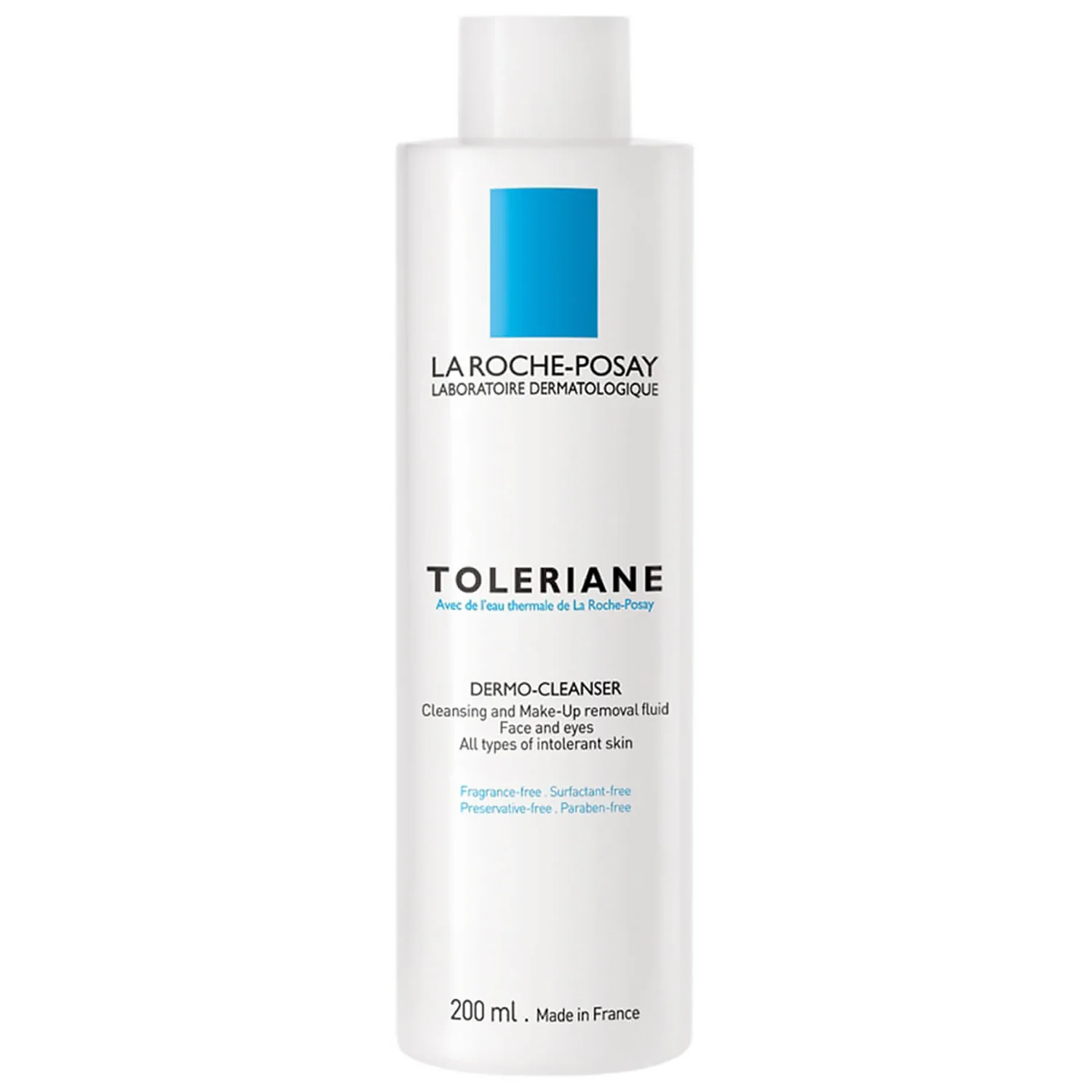
Best for sensitive skin: This particular cleanser is very gentle and soothing on the skin, with clever anti-friction technology so as not to further irritate skin that's already a bit unhappy, which makes it a good starting place for blemish or acne-prone skin. What's more dermatologists regularly recommend it to patients in clinic, so you know it's a good'un.
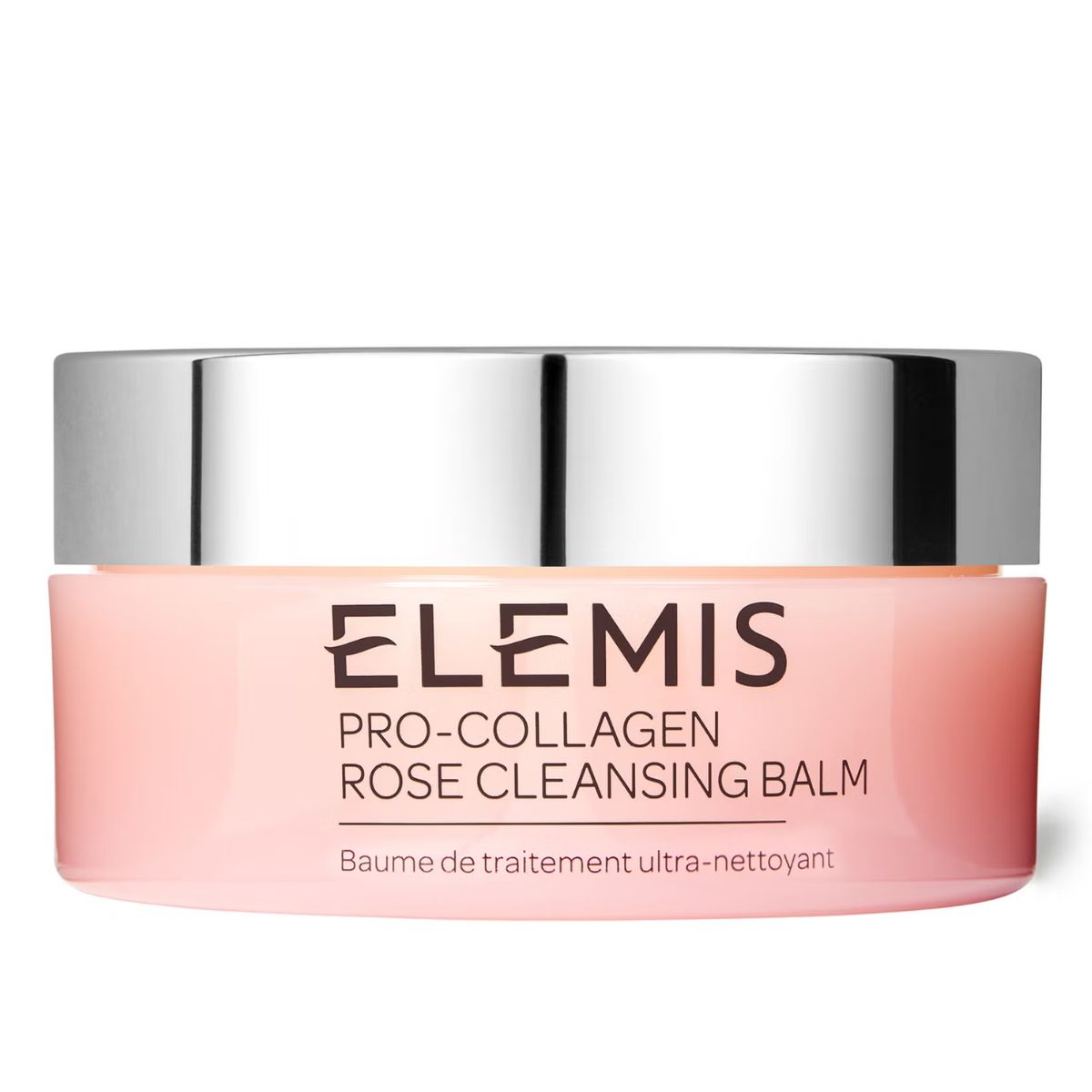
'Elemis wasn't really a brand that catered for rosacea skin, because they utilise the power of plants and fragrance,' explains Gallagher. 'They trialled this product as a limited edition, but it was so successful with sensitive skin types because it caused no irritation that it was made permanent.'
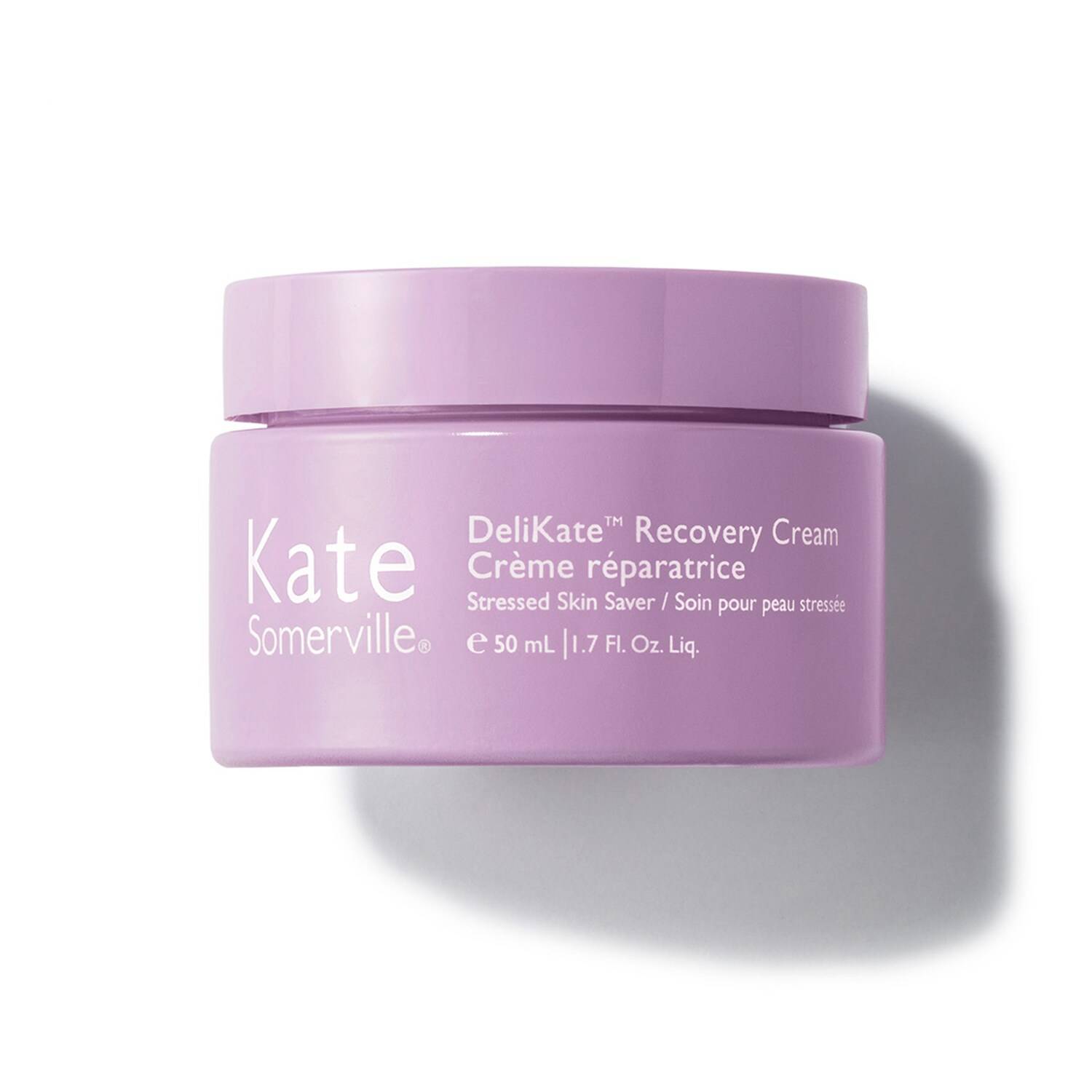
'The Delikate range from Kate Somerville was founded from Somerville's experience in her clinic,' explains Gallgher. 'After giving her clients lasers, peels or really ebrasive treatments she wanted to give them something super gentle that focused on repair skin barrier that they could use straight after. This moisturiser works well for rosacea sufferers too.'
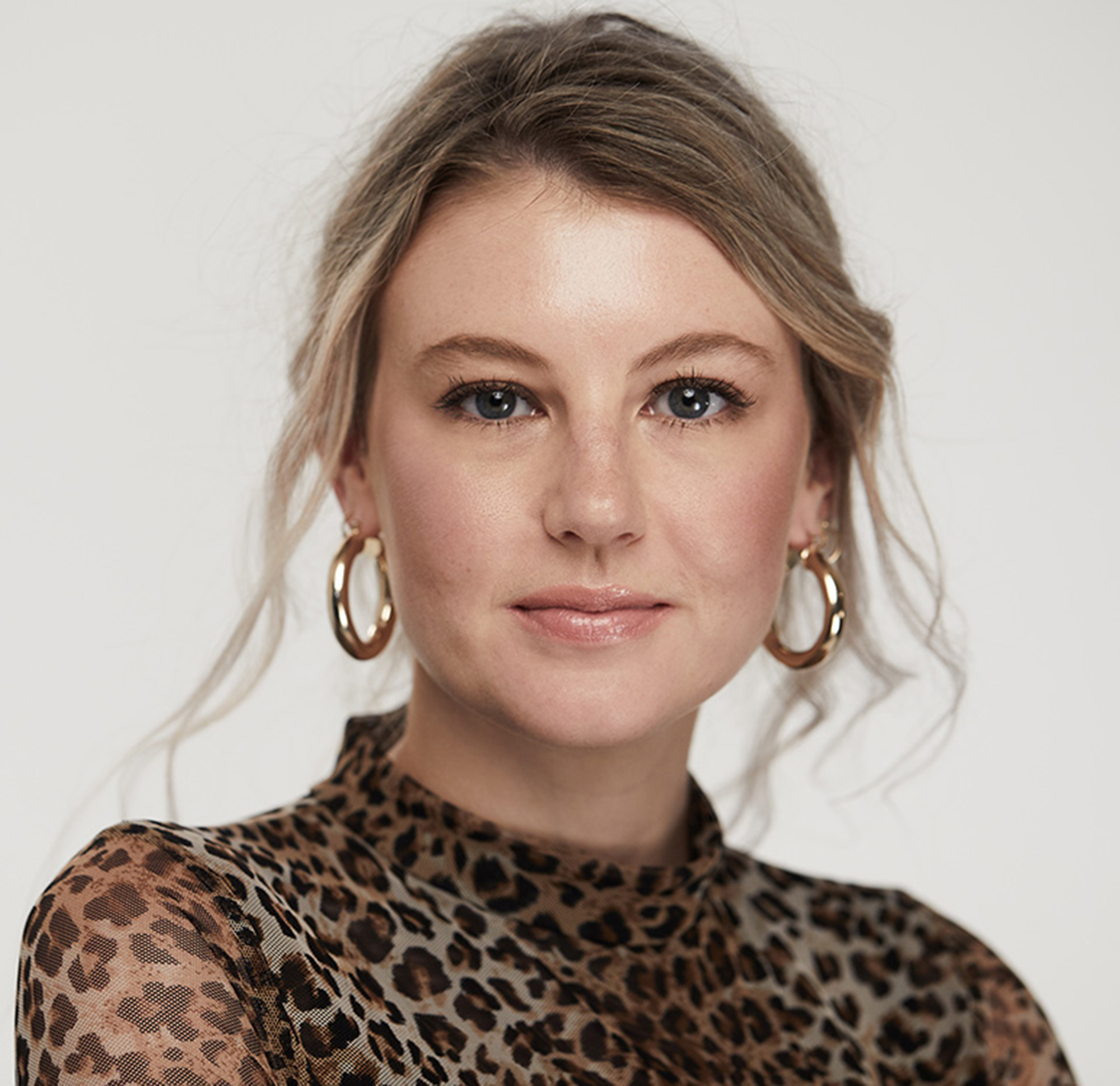
Katie Thomas is the Senior Beauty Editor at Marie Claire UK. With over 10 years of experience on women's luxury lifestyle titles, she covers everything from the best beauty looks from the red carpet and stand out trends from the catwalk, to colonic irrigation and to the best mascaras on the market.
